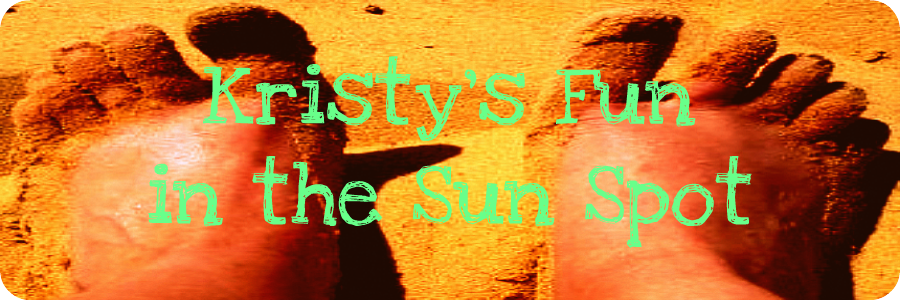Basically, so far in the book we have looked at some of the challenges they are facing with starting the 100 Mile Diet. For instance, they live in Canada, having weather much like Minnesota. So the biggest thing they have had to deal with so far is snow. Since they are trying to get most of their food grown out of the ground, the snow is becoming a huge problem. Another thing authors are having issues with is the variety of food they have to eat. They have not been able to find bread so they have been eating potatoes, potatoes, and more potatoes. Interestingly they created potato-bread. In a more general sense, the first three months of the book deals with their beginning journey and search for local foods that fall into the 100 mile area.
Some new terms that I came across in the book are traceability and externalities. Traceability in this case basically means to be able to identify the location of where the food came from. Externalities refer to cost and benefit related to the sale of products. They discussed this in the book in relation to farmer's markets costs, which were often more expensive. Some significant things I have learned is how far food travels to actually get to different grocery stores and such around the world. Typically it is up to 2,500 miles or basically saying California to New York. Another important thing I learned is really just looking at your diet. What are you consuming? Do you NEED to be eating this or that? Or do you just WANT it? Alissa and James (the authors) realize that they no longer go by what they want, but rather what they need to survive.
Even though I am only a quarter of the way into the book, I already feel so passionate about this topic. We are wasting so many of the world's resources by transporting food across nations just because we are too lazy to do what they did 80 years ago, which was live off the land they were on. Sure it may be hard at first because you need to determine what is grown in the area but think of how it will affect your local economy. It would be very beneficial, and would be saving the entire planet. I really hope I can encourage others to really be aware of the traceability of their food. Where is it coming from? Do you really need apples that come from New Zealand? Wouldn't you be just as satisfied with apples from Minnesota? My answer is yes, but my assumption is that no one even pays attention. It is the small things we can do with our diet that can benefit us all in the long run. I think it relates to our discussion in class about being wasteful with our own resoures, if we DO have food grown locally but do not opt to use and instead get our food elsewhere, we are wasting what is right in front of us and one day it won't be there. Thus I would hope that others pay more attention to where your foods are coming from. Maybe even keep of list of different locations, I bet you would be surprised of how far your food is traveling.


Wow, this book sounds very good! Its too bad that more people don't see that you can get the same food right around the corner, you just need to dig a little sometimes. And I can imagine that trying to grow crops in Canada can raise some issues. I liked the new words too! I learned something new today! :)
ReplyDeleteYou write alot haha. Very interesting & worth it though. I look forward to hearing what else this book will bring out and teach us.
ReplyDeleteWow, I hope they like potatoes! I would find it difficult to resist the temptation to just run to the local grocery store and pick up a loaf of bread or any other temptation I would have. I think that may be alot of peoples' issues today, everything is so convenient. It is so easy to run and get anything, we don't even think how it effects the environment and our health. I'll be interested on how the rest of journey goes.
ReplyDeleteThat's awesome you already feel passionate about the topic. Thanks for sharing so much, I sense a life style change coming on.
ReplyDeleteI have never really paid much attention to where my food comes from. So is the cost usually more expensive if the item is shipped from far away?? Because I always though that local items tended to cost more...
ReplyDeleteI did not think that by shipping food from further away, how many resources and how expensive that is for us. I think we need to have more local farming
Elly - food does tend to cost more to the environment by having to travel because it uses transportation and other resources to get from one place to another. My assumption for why local foods tend to more expensive in cost is because it is not made in bulk and local farmers need to earn a living too.
ReplyDeleteThis book sounds like so much fun. I really like it. I wonder how many ways can you eat potatoes before you start to lose the taste of it? Just curious because potatoes don't have much flavor unless you salt it up. You have a lot of good points about diet. In the end you do have to consider what types of foods are the most important and healthy. It's not necessary to buy expensive foods from across the sea when the most important foods are really the ones right in front of us. I can't wait for more on this book.
ReplyDelete